The fashion of the 90s is experiencing a revival, especially in the realm of hip-hop, albeit with a modern twist. Instead of traditional rap t-shirts that once featured the faces of icons like Biggie and Tupac, a trend has emerged where people sport their own faces and names on their shirts.
The story begins with Ariana Atwater, a customer service representative at Bloomingdale’s in New York City, who grew up with the popular “rap tees” showcasing the biggest hip-hop artists. However, rather than wearing the usual icons like Bow Wow or Jeezy, last fall she decided to surprise her boyfriend Aaron. She designed a t-shirt with his name in large orange letters over images of his face. This personalized gesture was to celebrate his birthday and illustrates the current trend of self-promotion.
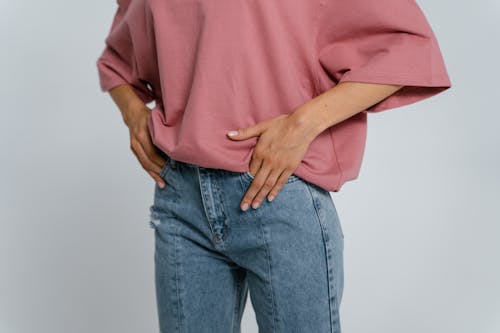
The market for such bootleg rap t-shirts has expanded, finding its place on platforms like Etsy and TikTok Shop. Stores like London-based Studio Sunnie sell thousands of t-shirts featuring not only rappers but also individual images of family members, pets, or even friends.
Celebrities like Kim Kardashian and Kanye West’s daughter North West have already worn such personalized shirts, and influencers have further popularized the trend on platforms like TikTok and Instagram by showcasing their own faces on the shirts.
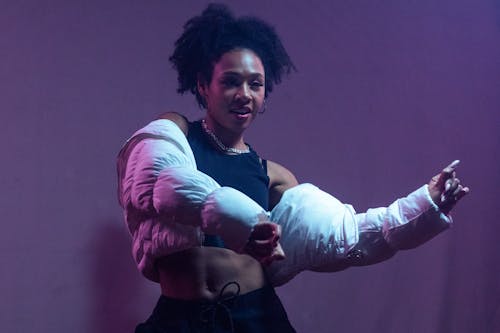
Previously, similar t-shirts were sold by savvy vendors outside concert venues, often without the artists’ consent. However, in the 90s, these shirts gained popularity as hip-hop legends like Nas and Notorious BIG rose to fame and fans wore their clothing. The vibrant designs with bright colors and striking portraits quickly became icons of hip-hop culture.
Originally, such t-shirts were distributed as promotional items by record labels like Bad Boy Records or Death Row Records to advertise new albums. Nowadays, some of these free shirts have become coveted collector’s items, fetching high prices on the market.
While the origin of these shirts is closely tied to hip-hop culture, their usage has expanded. Many no longer wear these shirts solely out of musical affinity but also for fashion reasons or as a form of self-representation. Some consider them as disposable fashion, while others appreciate their fashionable style and the personal touch they provide. The trend of personalized rap t-shirts demonstrates that the 90s are not just an era of nostalgia but also a time when fashion and self-expression intertwine.



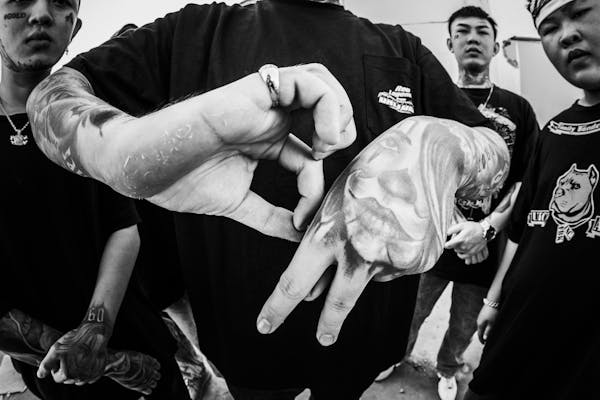
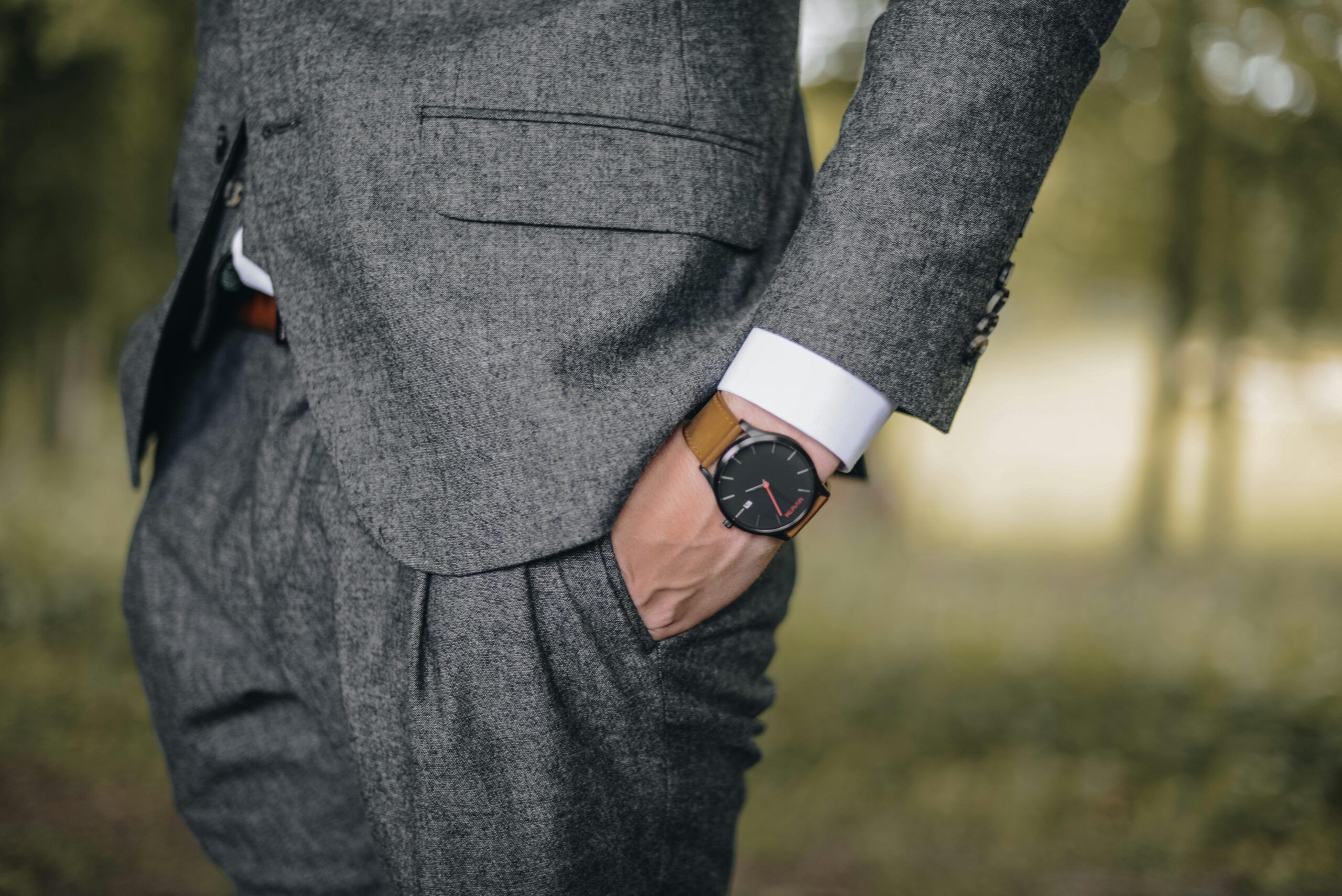





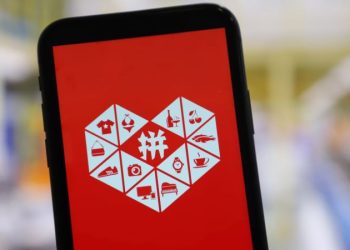



Discussion about this post